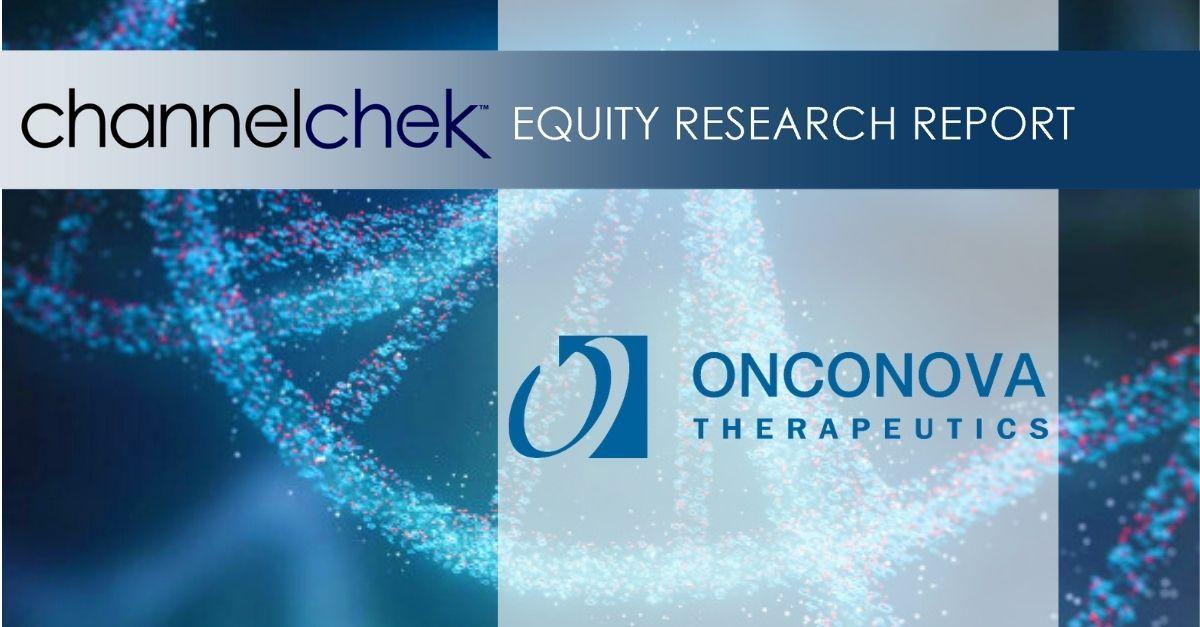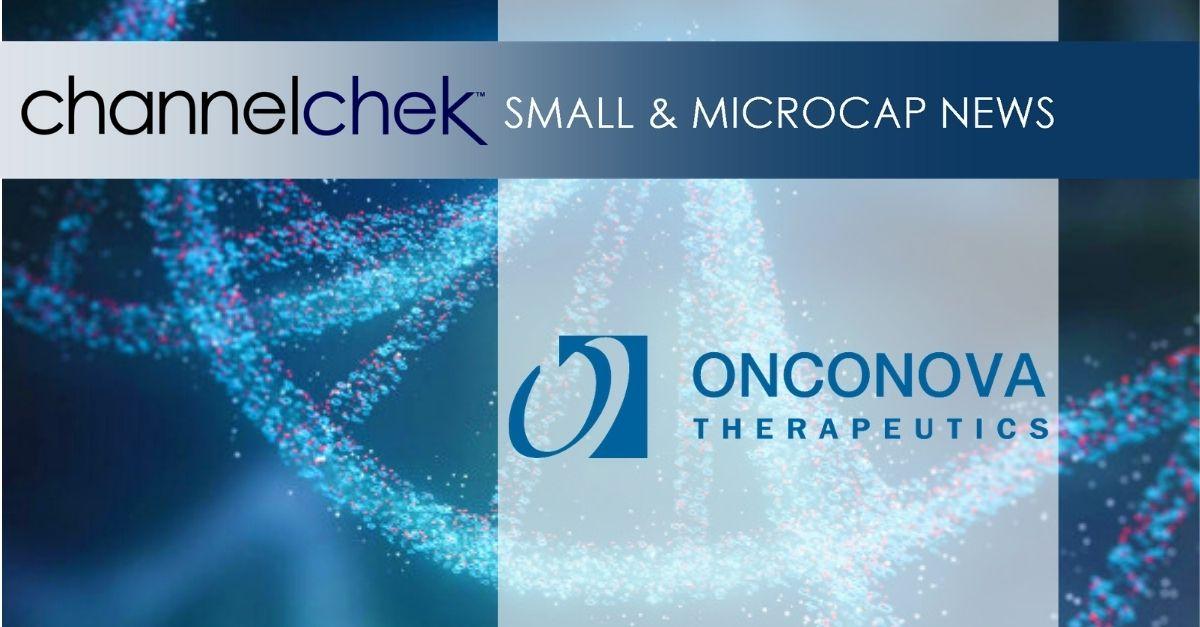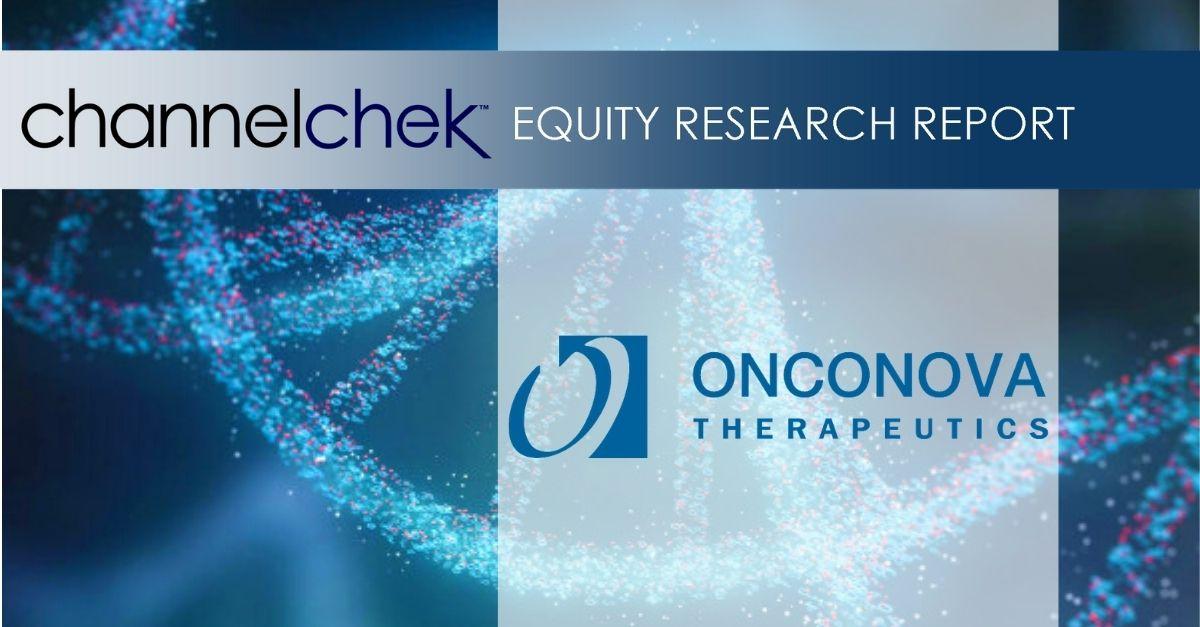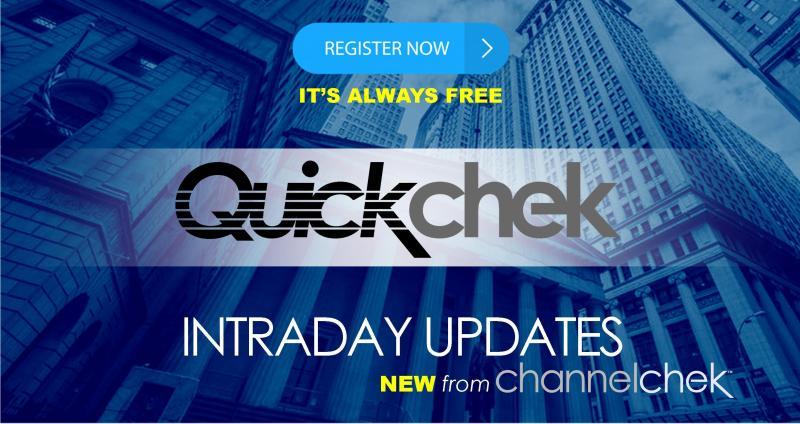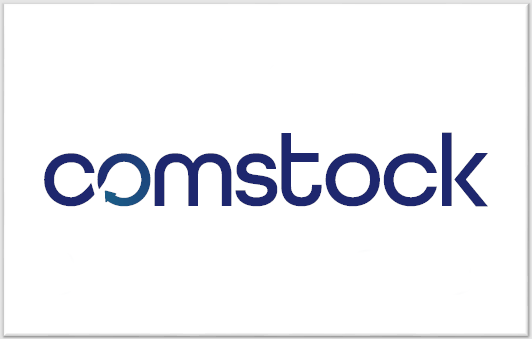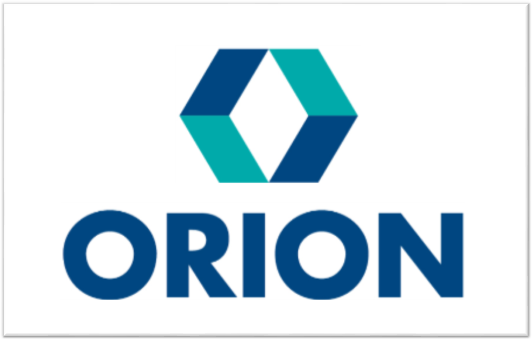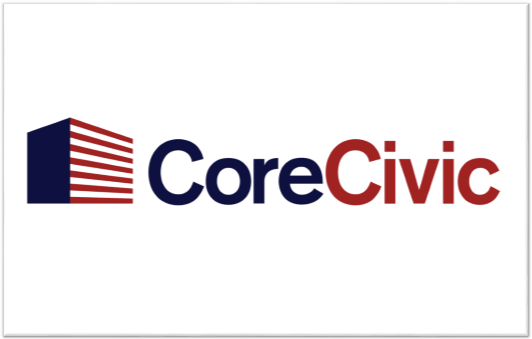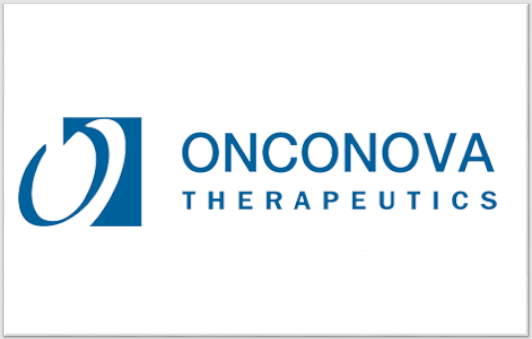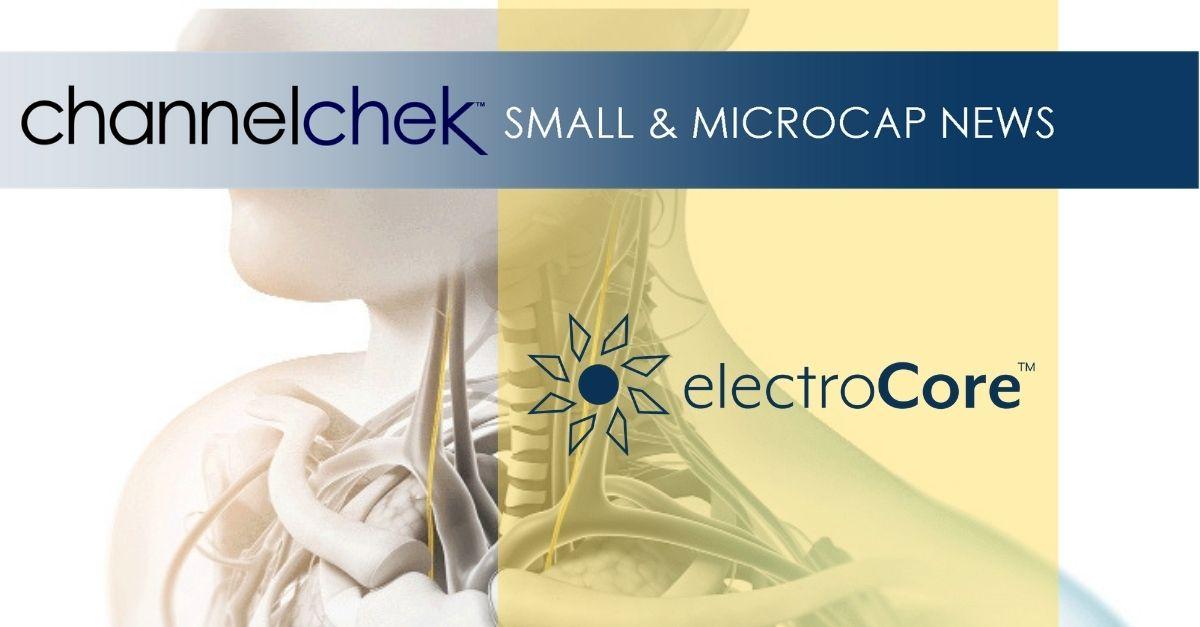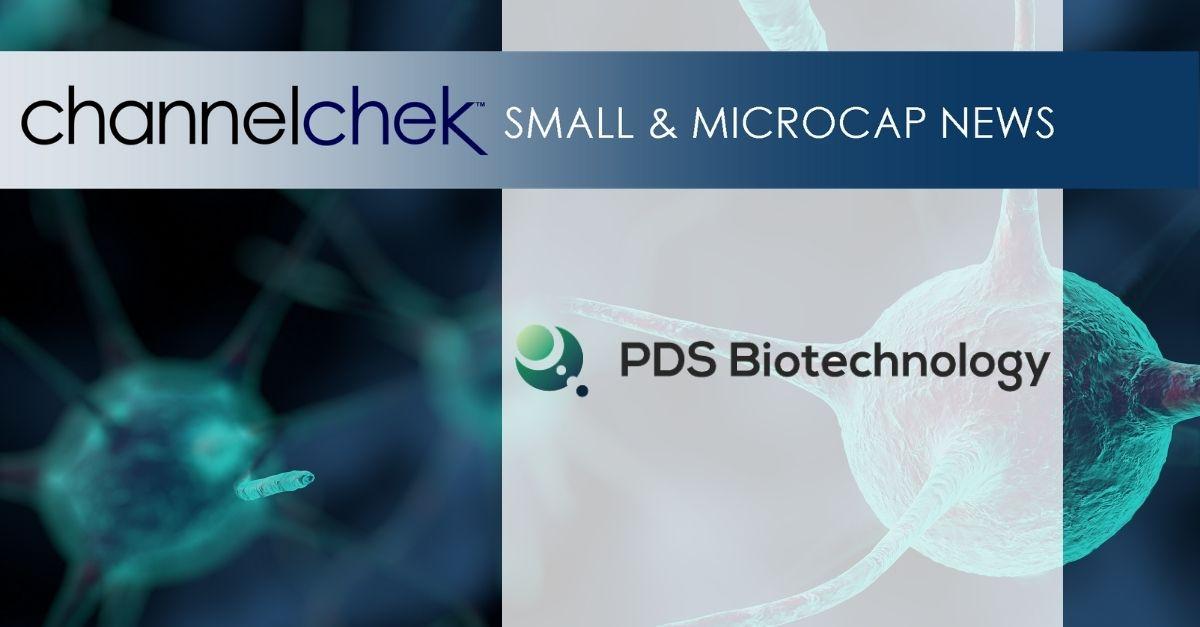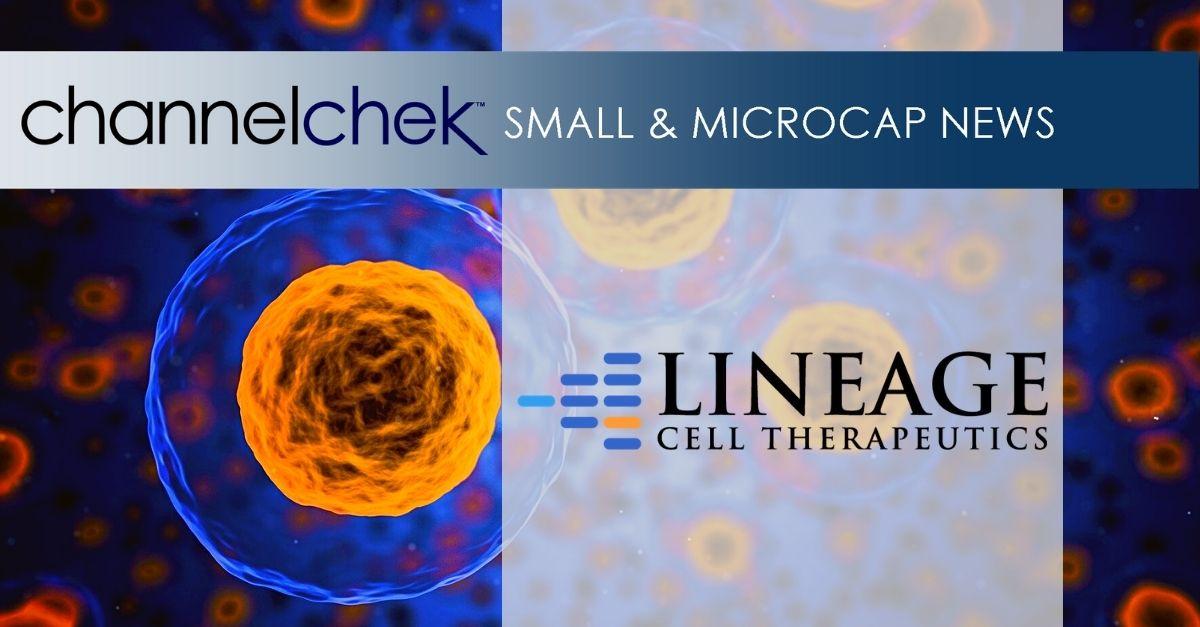
Onconova Therapeutics Announces Encouraging Clinical Data Supporting The Anti-Cancer Activity Of Rigosertib-Nivolumab Combination In Advanced KRAS+ Non-Small Cell Lung Cancer
Preliminary Phase 1/2a trial data show an early signal of activity in extensively pre-treated population with 2 partial responses out of 7 evaluable patients
Responses were seen in patients with different KRAS mutations
Data supports further development of rigosertib, in combination with immune checkpoint inhibitors in KRAS mutated (KRAS+) non-small cell lung cancer
Management hosting webinar with key opinion leaders to discuss data today at 4:30 p.m. ET
NEWTOWN, Pa., Sept. 22, 2021 (GLOBE NEWSWIRE) — Onconova Therapeutics, Inc. (NASDAQ: ONTX), a clinical-stage biopharmaceutical company focused on discovering and developing novel products for patients with cancer, today announced preliminary safety and efficacy data from an investigator-initiated Phase 1/2a trial of oral rigosertib plus the immune checkpoint inhibitor nivolumab in advanced KRAS mutated (KRAS+) non-small cell lung cancer (NSCLC). The data, which are being featured in a presentation at the 3rd Annual RAS Targeted Drug Development Summit, support the potential anti-cancer activity of rigosertib-nivolumab combination therapy in this indication and show that the doublet has been well tolerated to-date. Three quarters of patients enrolled in the trial have failed two or more lines of prior therapy and all have failed immune checkpoint inhibitors in various combinations.
Steven M. Fruchtman, M.D., President and Chief Executive Officer of Onconova, commented, “The data being presented today support the potential applicability of rigosertib’s mechanism of action against multiple KRAS mutations and its synergy with immuno-oncology therapeutics. Radiographic responses were seen across multiple KRAS variants, which potentially differentiates rigosertib from other RAS pathway modulators that target particular KRAS mutations. These responses were observed at the primary tumor site as well as metastatic sites such as the pleura and bone. These results also suggest that rigosertib may augment the response to checkpoint inhibitors, which is consistent with observations from preclinical studies, with potential applicability to indications such as NSCLC, melanoma, and others. Looking forward, we will continue to leverage our investigator-initiated study program to advance rigosertib’s clinical development in high-need KRAS mutated indications while keeping our primary focus on our lead ON 123300 (narazaciclib) program.”
Key data from the presentation include:
Demographics:
- All enrolled patients (12/12) failed at least one line of prior therapy with a PD-1 checkpoint inhibitor (includes evaluable and non-evaluable patients)
- 9 of 12 (75%) enrolled patients failed at least two prior lines of therapy
Response Results:
- 2 of 7 (29%) evaluable patients achieved a partial response (PR)
- PRs were observed in patients with two distinct KRAS mutations (G12C, G12V)
- 3 of 7 (43%) evaluable patients achieved disease control (PR or stable disease)
- 4 of 7 (57%) evaluable patients experienced progressive disease
Adverse Event Results:
- The combination of rigosertib and nivolumab has been well tolerated and the maximum tolerated dose has not been reached to-date. Treatment related adverse events were mostly mild with two grade 3 adverse events.
- 3 patients discontinued study drug (2 grade 2 genitourinary toxicities, 1 dose limiting grade 3 hyponatremia)
- No unexpected safety events or synergistic toxicities have been observed
“Combining rigosertib with the immune checkpoint inhibitor nivolumab has been well tolerated and notably led to partial responses in 29% of evaluable patients who had previously progressed on prior checkpoint inhibitor therapies,” said Rajwanth Veluswamy, M.D., Assistant Professor, Medicine, Hematology and Medical Oncology, Icahn School of Medicine at Mount Sinai and Principal Investigator of the trial. “This safety and early efficacy signal highlights the combination of rigosertib and nivolumab’s ability to target KRAS mutated NSCLCs and potentially overcome immune checkpoint inhibitor resistance mechanisms. Importantly, responses were seen with different KRAS+ variants, addressing a critical unmet need.”
Mark S. Gelder, M.D., Chief Medical Officer of Onconova, commented, “We look forward to the continuation of this study and to continue development of the rigosertib nivolumab combination as a potential treatment for patients with limited therapeutic options.”
Slides from the presentation titled, “Phase 1/2 Trial of Rigosertib & Nivolumab in KRAS-Mutated NSCLC in 2nd+ Line” will be available on the “Scientific Presentations” section of the Onconova website following the conference.
Webinar Featuring Expert Overview from Key Opinion Leaders
Onconova will host a webinar today, September 22, 2021, at 4:30 p.m. ET to discuss the preliminary Phase 1/2a data. The call will feature expert discussion with Dr. Veluswamy and Scott Antonia, M.D., Ph.D., Professor of Medicine at the Duke Cancer Institute and Director of its Center for Cancer Immunotherapy. A question and answer session with these experts will follow formal presentations by Dr. Veluswamy and members of the Onconova management team.
To attend the webinar, click here. A replay of the webinar will be available by visiting the investors and media page on Onconova’s website at www.onconova.com and clicking on the webcast link.
About the Investigator-initiated Phase 1/2a Trial
This Phase 1/2a trial is designed to evaluate the combination of rigosertib and nivolumab in advanced KRAS+ metastatic NSCLC patients who have progressed on standard of care with anti-PD-1 monotherapy or anti-PD-1 in combination with chemotherapy. It includes a dose-escalating Phase 1 portion followed by a Phase 2a dose-expansion portion. Patients in the trial receive oral rigosertib twice daily on days 1-21, and intravenous nivolumab on days 1 and 15 of 28-day cycles. The primary endpoints of the trial are safety assessments to determine maximum tolerated dose and overall response rate. Secondary endpoints include progression free survival and overall survival. For more information on the trial, see ClinicalTrials.gov Identifier: NCT04263090.
About Onconova Therapeutics, Inc.
Onconova Therapeutics is a clinical-stage biopharmaceutical company focused on discovering and developing novel products for patients with cancer. The Company has proprietary targeted anti-cancer agents designed to disrupt specific cellular pathways that are important for cancer cell proliferation.
Onconova’s novel, proprietary multi-kinase inhibitor ON 123300 is being evaluated in two separate and complementary Phase 1 dose-escalation and expansion studies. These trials are currently underway in the United States and China.
Onconova’s product candidate rigosertib is being studied in an investigator-initiated study program, including in a dose-escalation and expansion Phase 1/2a investigator-initiated study with oral rigosertib in combination with nivolumab for patients with KRAS+ non-small cell lung cancer.
For more information, please visit www.onconova.com.
Forward-Looking Statements
Some of the statements in this release are forward-looking statements within the meaning of Section 27A of the Securities Act of 1933, as amended, Section 21E of the Securities Exchange Act of 1934, as amended, and the Private Securities Litigation Reform Act of 1995, and involve risks and uncertainties. These statements relate to Onconova’s expectations regarding the timing of Onconova’s and investigator-initiated clinical development and data presentation plans, and the mechanisms and indications for Onconova’s product candidates. Onconova has attempted to identify forward-looking statements by terminology including “believes,” “estimates,” “anticipates,” “expects,” “plans,” “intends,” “may,” “could,” “might,” “will,” “should,” “preliminary,” “encouraging,” “approximately” or other words that convey uncertainty of future events or outcomes. Although Onconova believes that the expectations reflected in such forward-looking statements are reasonable as of the date made, expectations may prove to have been materially different from the results expressed or implied by such forward-looking statements. These statements are only predictions and involve known and unknown risks, uncertainties, and other factors, including the success and timing of Onconova’s clinical trials, investigator-initiated trials and regulatory agency and institutional review board approvals of protocols, Onconova’s collaborations, market conditions and those discussed under the heading “Risk Factors” in Onconova’s most recent Annual Report on Form 10-K and quarterly reports on Form 10-Q. Any forward-looking statements contained in this release speak only as of its date. Onconova undertakes no obligation to update any forward-looking statements contained in this release to reflect events or circumstances occurring after its date or to reflect the occurrence of unanticipated events.
Company Contact:
Avi Oler
Onconova Therapeutics, Inc.
267-759-3680
ir@onconova.us
https://www.onconova.com/contact/
Investor Contact:
Bruce Mackle
LifeSci Advisors, LLC
646-889-1200
bmackle@lifesciadvisors.com

